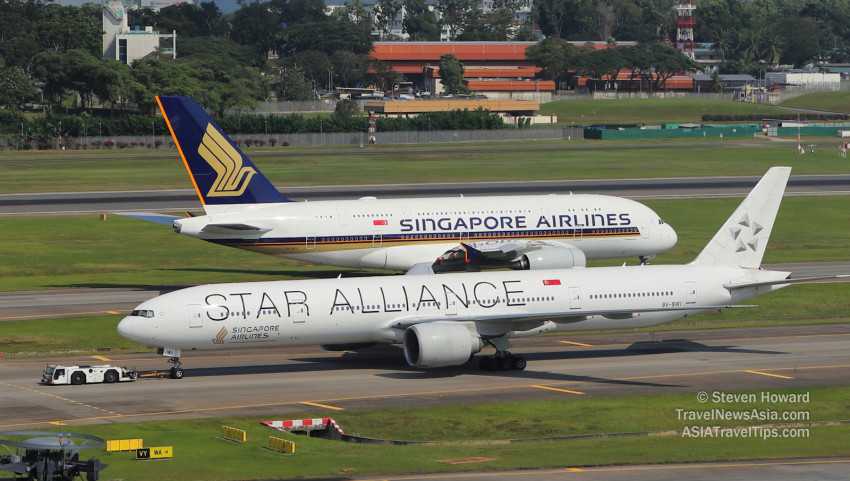Singapore Airlines reports first quarterly profit since start of COVID-19 pandemic
03 March, 2022

Singapore Airlines Group has reported its first quarterly profit since the onset of the pandemic.
The third quarter net profit of $85 million came amid a significant step-up in air travel to and through Singapore in the October - December 2021 period, as well as continued robust demand and strong yields in the cargo market.
Singapore’s launch of Vaccinated Travel Lane (VTL) arrangements and its subsequent expansion, as well as the group’s nimble response, resulted in it being the first to open sales on almost all available routes, helped unlock pent-up demand during the year-end travel season. The group carried 1.1 million passengers during the quarter, more than five times the number from a year before and double that of the second quarter of FY2021/22.
Passenger capacity, measured in available seat-kilometers (ASKs), grew 183.8% year-on-year, as SIA ramped up flights in response to the VTLs. By the end of the quarter, group passenger capacity reached 45% of pre-COVID-19 levels.
Improvements in passenger and cargo revenue resulted in SIA Group revenue rising $1,249 million (+117.1%) year-on-year to $2,316 million.
Passenger flown revenue increased by $650 million (+355.2%) to $833 million, on the back of a 556.8% growth in traffic (revenue-passenger kilometers, RPKs) that outpaced capacity expansion, resulting in the passenger load factor rising 18.9 percentage points to 33.2%.
Cargo flown revenue rose by $607 million (+81.6%) to $1,351 million, surpassing the $1 billion mark for the first time and setting yet another new quarterly record.
Robust demand during the traditional cargo peak period was buoyed by retail inventory restocking and strong e-commerce traffic. Cargo yields rose significantly (+26.9%) amid an ongoing industry capacity crunch.
The expansion of operations resulted in group expenditure growing $842 million (+60.2%) year-on-year to $2,240 million. This increase consisted of a $359 million increase (+131.0%) in net fuel costs, a $331 million increase (+26%) in non-fuel expenditure, and $152 million from the year-on-year impact of the fuel hedging ineffectiveness recorded last year and fair value changes on fuel derivatives.
Net fuel cost rose to $633 million, mainly on higher fuel prices (+$330 million) and an increase in volume uplifted (+$173 million), which was partially offset by a swing from a fuel hedging loss to a gain (-$144 million). The increase in non-fuel expenditure by 26% was well within the 183.8% increase in passenger capacity and the 49.2% increase in cargo capacity.
Source: japantoday.com
